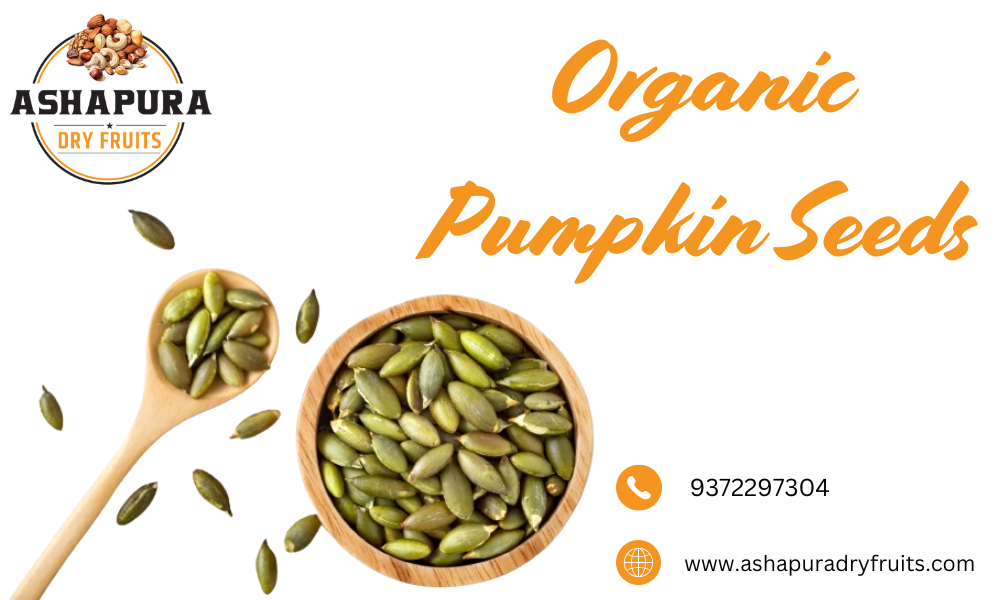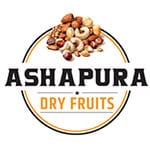There are so many variables that can impact hair health, maintaining lustrous, healthy hair can be difficult. From environmental stressors to nutritional deficiencies, hair can suffer in many ways. However, incorporating the right nutrients into your diet can significantly improve hair health. In this article, we explore the top 5 seeds that can boost hair growth and nourish hair effectively.
1. Flaxseeds
Rich in Omega-3 Fatty Acids
Flaxseeds are a powerhouse of omega-3 fatty acids, which are essential for Boost Hair Growth. These fatty acids help nourish the hair follicles and prevent inflammation, which can impede hair growth. Including flax seeds in your diet can lead to stronger, shinier hair.
High in Lignans
Flaxseeds are also high in lignans, compounds that have antioxidant properties. Antioxidants help protect the hair from damage caused by free radicals, ensuring that your hair remains healthy and vibrant.
How to Incorporate Flax Seeds
You can add ground flaxseeds to your smoothies, oatmeal, or yogurt. They can also be used as an egg substitute in baking, making them a versatile addition to your diet.
2. Chia Seeds
Packed with Protein
Protein is a crucial component of hair, and chia seeds are an excellent source of it. Consuming enough protein ensures that your hair remains strong and less prone to breakage.
Loaded with Essential Minerals
Chia seeds contain essential minerals such as zinc and magnesium, which play a vital role in hair health. Zinc helps maintain the oil glands around the hair follicles, while magnesium promotes hair follicle health.
Easy to Use
Chia seeds can be soaked in water or milk to create a gel-like substance that can be added to puddings, smoothies, or even used as a topping for cereals.
3. Pumpkin Seeds
Rich in Zinc
Pumpkin seeds are one of the best sources of zinc, an essential mineral for boost hair growth and repair. Zinc deficiency can lead to hair loss, so incorporating pumpkin seeds into your diet can help prevent this issue.

High in Antioxidants
Pumpkin seeds are packed with antioxidants, which help protect the hair from damage and promote a healthy scalp environment conducive to hair growth.
Versatile Ingredient
Pumpkin seeds can be eaten raw, roasted, or added to salads, granola, and baked goods. Their nutty flavor makes them a delicious addition to various dishes.
4. Sunflower Seeds
Vitamin E Powerhouse
Sunflower seeds are an excellent source of vitamin E, a powerful antioxidant that promotes scalp health and encourages hair growth. Vitamin E ensures that hair follicles receive the nutrients they require by enhancing blood circulation to the scalp.
Rich in B Vitamins
B vitamins, particularly B6 and B7 (biotin), are crucial for hair health. Sunflower seeds provide these vitamins, which help strengthen hair and prevent hair loss.
Snack-Friendly
Sunflower seeds make a convenient and tasty snack. They can also be sprinkled on salads, yogurt, or added to trail mixes.
5. Sesame Seeds
Packed with Nutrients
Sesame seeds are rich in essential nutrients such as calcium, magnesium, and zinc, all of which are important for maintaining healthy hair. Calcium is vital for hair structure, while magnesium helps in the synthesis of proteins needed for hair growth.
Contains Sesamin
Sesamin, a compound found in sesame seeds, has been shown to have antioxidant and anti-inflammatory properties. These properties help protect the hair and scalp from damage.
Incorporation Tips
Sesame seeds can be sprinkled on a variety of dishes, including stir-fries, salads, and baked goods. They can also be used to make tahini, a paste that can be added to dips and dressings.
Essential Nutrients for Hair Health
To Boost hair growth and health, it’s crucial to ensure your diet includes the following essential nutrients:
- Proteins: Building blocks of hair.
- Omega-3 Fatty Acids: Promote hair growth and prevent inflammation.
- Zinc: Maintains oil glands around hair follicles.
- Vitamin E: Enhances blood circulation to the scalp.
- Biotin (Vitamin B7): Strengthens hair and nails.
- Antioxidants: Protect hair from damage.
Best Hair Supplement
While incorporating these seeds into your diet can significantly improve hair health, sometimes it’s necessary to supplement your diet with additional nutrients. A high-quality hair supplement should contain:
- Biotin: Supports hair growth and strength.
- Folic Acid: Promotes healthy cell growth, including hair cells.
- Vitamin D: Essential for hair follicle cycling.
- Iron: Prevents hair loss caused by iron deficiency.
- Omega-3 Fatty Acids: Enhance hair growth and thickness.
Best Seeds Mix for Hair Growth
Combining these seeds can yield a wide variety of nutrients that are vital for healthy hair. This is a basic recipe:
Conclusion
Summary of Benefits
The health of your hair can be considerably enhanced by including flaxseeds, chia seeds, pumpkin seeds, sunflower seeds, and sesame seeds in your diet. In addition to reducing hair loss and scalp problems, these seeds offer vital nutrients that support hair growth, strength, and luster.
FAQ
What are the best seeds for hair growth?
The best seeds for hair growth include flax seeds, chia seeds, pumpkin seeds, sunflower seeds, and sesame seeds. These seeds are packed with essential nutrients like omega-3 fatty acids, protein, zinc, and antioxidants that promote hair health.
How do seeds help in hair growth?
Seeds provide essential nutrients that are crucial for hair health. Omega-3 fatty acids reduce inflammation and nourish hair follicles, proteins strengthen hair, and antioxidants protect against damage. Minerals like zinc and magnesium support hair structure and follicle health.
Can seeds prevent hair loss?
Yes, seeds can help prevent hair loss by providing nutrients like zinc and biotin, which are essential for maintaining healthy hair follicles and preventing deficiencies that can lead to hair loss.
How should I consume these seeds for the best results?
You can consume these seeds by adding them to your diet in various forms. Sprinkle them on salads, yogurt, or cereals, add them to smoothies, or use them in baking. Consistency is key to seeing results.
Are there any side effects of consuming seeds?
Generally, seeds are safe to consume and have numerous health benefits. However, consuming them in excess can lead to digestive issues due to their high fiber content. It’s best to consume them in moderation and consult with a healthcare provider if you have any concerns.
